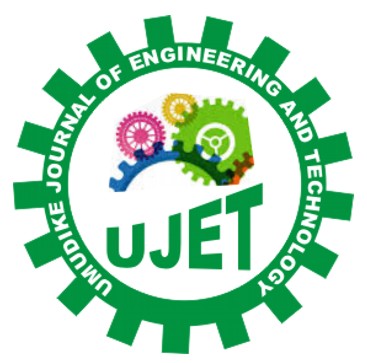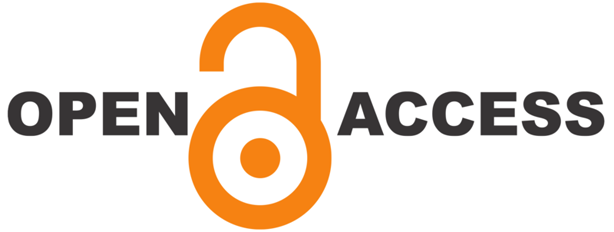|
Adejumobi, I. A.
Department of Electrical and Electronics Engineering, Federal University of Agriculture, Abeokuta
Wara, S. T.
Department of Electrical and Information Engineering, Covenant University, Ota
Adebisi, O. I.
Department of Electrical and Electronics Engineering, Federal University of Agriculture, Abeokuta
Akinwande, O. A.
Department of Electrical and Electronics Engineering, Federal University of Agriculture, Abeokuta
ABSTRACT
One
major practice these days for effective utilization of the available electrical energy is the use of energy saving
electrical loads. This work examined the economic advantage of using the energy
saving electrical loads for electrical services design. Using College of
Agricultural Management and Rural Development (COLAMRUD) and College of
Engineering (COLENG) at Federal University of Agriculture, Abeokuta (FUNAAB) in
Nigeria as a case study, load audits and energy efficiency calculations were
carried out considering both the conventional and energy saving components for
electrical services. Economic benefits of using the energy efficiency
components was determined by calculating the Mean Absolute Percentage Saving
(MAPS) of electrical energy consumption. Results of the analysis showed that an
average of about 38% of the electrical energy that was to be consumed in the two colleges would be
saved if the energy saving components were employed for use instead of the
conventional electrical load.
Keywords: Load audits, Energy management, Energy saving, Efficiency, Mean absolute percentage saving
|
View: 401 | Download: 0
Published
Monday, June 27, 2016
Issue
Vol. 2 No. 1, JUNE 2016
Article Section
GENERAL
The contents of the articles are the sole opinion of the author(s) and not of UJET.
|


